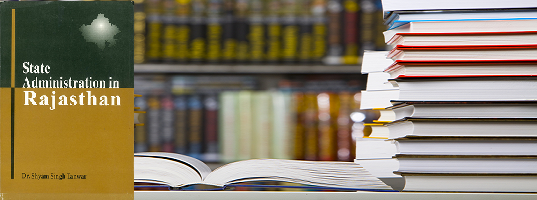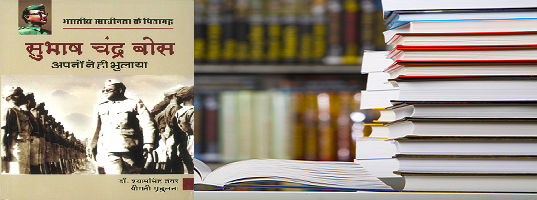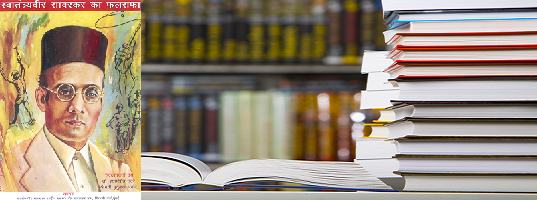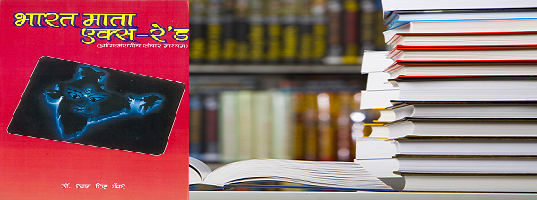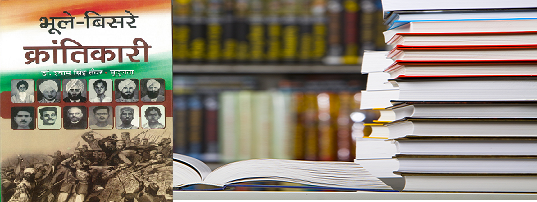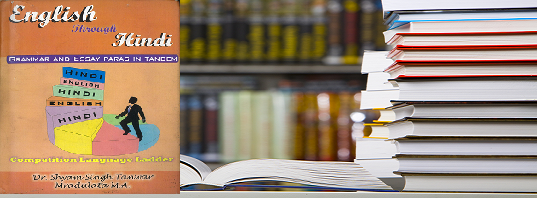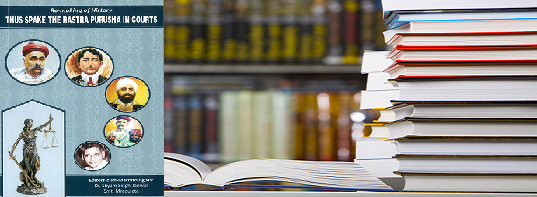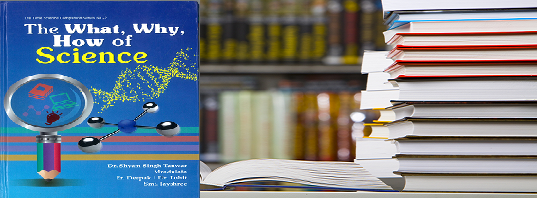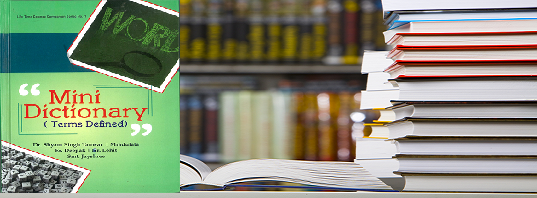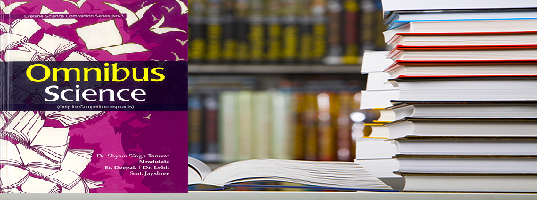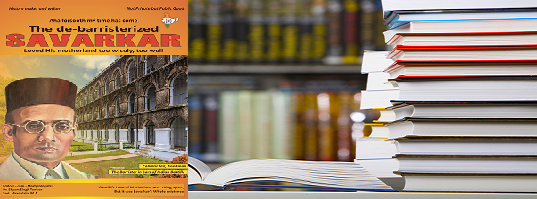De-Barristerized Savarkar
After the passage of 70 years when the dust and heat of the freedom's battles have settled down and the disputants and contestants had all exited and disappeared from the political stage, we are now in the better position to evaluate and estimate the roles and contributions of those freedom fighters who strutted on the national stage in the 20th Century. What with the declassified diplomatic documents and what with the archival articles of eminent scholars, we are now in a position of compiling and editing an impartial and absolutely objective history.
Our scholars and academician had been captives of the frogs-in-the-well mentality for over 70 years, so they couldn’t see much less appreciate the big picture depicting sacrifices and sufferings of ace patriots and 360o martyrs. The big three stalwart patriots, Tilak, Savarkar and Bose who vigorously orchestrated and archived the freedom of India more than anyone else in the legions of freedom fighters, were persona-non-grata of the British Raj and were regarded as dangerous (D label) by the British Government, while Tilak and Savarkar fought cryptic battles of freedom. Subhash Chandra Bose fought his India's freedom battle on the Indian Thermopylae.
While Savarkar was in a jail at Andaman, he inscribed two lines in verse, on its wall in Marathi of which English version is:
“We have not taken this pledge with our eyes shut. We have chosen this path of struggle keeping the history in mind. With great determination to burn in the fire we have taken the pledge to sacrifice our lives for the nation."
The above lines show his intense patriotism very beautifully; but the then Central Minister Manishankar Ayer could not bear these lines. The strong patriotic sentiments were not acceptable to perverted attitude and arrogant intellect of Ayer; therefore, with his sinful hands, he removed the said lines.
What They Saw and Said
• For most Indians of my generation, Savarkar was a somewhat shadowy figure, rarely mentioned in any detail in history books; even less so at public events or occasions that commemorate India’s independence. For a small few though, he was the archetypical hero, the one who fought fearlessly against the British, the (brave) as some of you would know, by the time India became a republic in 1950, Savarkar was already on the path to oblivion. A few years later, he died, unsung and hardly mourned.
• The life of Savarkar (1883-1966) was so uniquely variegated that it is almost unbelievable that one individual could possess such an intellect, such talent, such intensity as to be a firebrand freedom fighter from childhood, a potential barrister, a writer of history, poetry and Sanskrit prayers, a social reformer and a distinctive political ideologue with a prophetic vision on the fate of Kashmir.
• One thing that constantly astonishes us is our ignorance of Indian history. We admit that freely and feel sorry for ourself and for the hundreds of millions of Indians who are ignorant like us. We are partly to blame but we should remember that the Indian Government, what I should really call the British Government part II, which started off with faux Britisher Jawaharlal Nehru at the helm, did much to misrepresent Indian history. Thanks to the interwebs (and thanks to Al Gore for inventing them internets), slowly I am learning a bit of history.
• Savarkar was quite unconcerned about the Muslim reaction to his scheme. He formulates his scheme and throws it in the face of the Muslims with the covering letter 'take it or leave it.' Savarkar is quite prepared to say to the Muslims: "If you come, with you, if you don't, without you; and if you oppose, in spite of you, the Hindus will continue to fight for their national freedom as best as they can."
In 1911, Vinayak Damodar Savarkar was sentenced to transportation for life, twice, to Andaman Islands; the sentences were to be served in succession. Savarkar's personal property and possessions, including his spectacles, were confiscated. His father-in-law Chiplunkar was Dewan of Jawhar Principality in Thane District. British authorities forced the Raja of Jawhar to sack Chiplunkar and expel him from Jawhar State overnight.
Post-Independence generations have been fed on a staple diet of false and motivated history, that we won freedom through non-violent means. A natural corollary of this theory is that British Rule was largely benign, despite some stray excesses. In return, the English gave us the railways, English education, a system of administration, a sense of oneness. A nation fed on the fiction of ‘freedoms without bloody sacrifices’ can hardly cherish it, much less defend it with bloody sacrifices. If truth be told, freedom was not won by pleas, prayers and petitions. It was won inspite of congressmen like Gandhiji and Nehru who would had been happy with less.
A freedom fighter that fought his myriad battles in India, in England and in Europe, he thought by day and mused by night how to liberate Bharat Mata from the alien bondage. While studying for Barrister, he London-ized the freedom struggle by celebration of Anniversary of 1857 War of Independence. On this occasion he paid high-octane emotional tributes to 1857 martyrs by his famous pamphlet 'Oh! Martyrs'.
Fearing insecurity in London, he took the Masaal of freedom to Paris (France) from Paris the freedom struggle was Germanized by Madam Cama who unfurled freedom's flag there, thus the liberty battle was Europeanized. In the third phase, Savarkar became ' Savarkar' when he escaped from the clutches of the Brits captors and landed on the French soil. It was an epoch making event which had it repercussion throughout the world, he sued the mighty Albion in the International Court of Justice at Hague this act of Savarkar internationalized Indian freedom struggle. England however peddled her mighty influence to every European country and won the case. The verdict went against Savarkar, though he lost this epic battle but it left the imperial beast badly bruised and shattered its status and dignity.
The Tribunal concluded, “That the Government of His Britannic Majesty is not required to restore the said Vinayak Damodar Savarkar to the Government of the French Republic.”
Thus Vinayak Damodar Savarkar born patriot, lived patriot, fought patriot, died patriot, mark well! Certified post-demise patriot.

